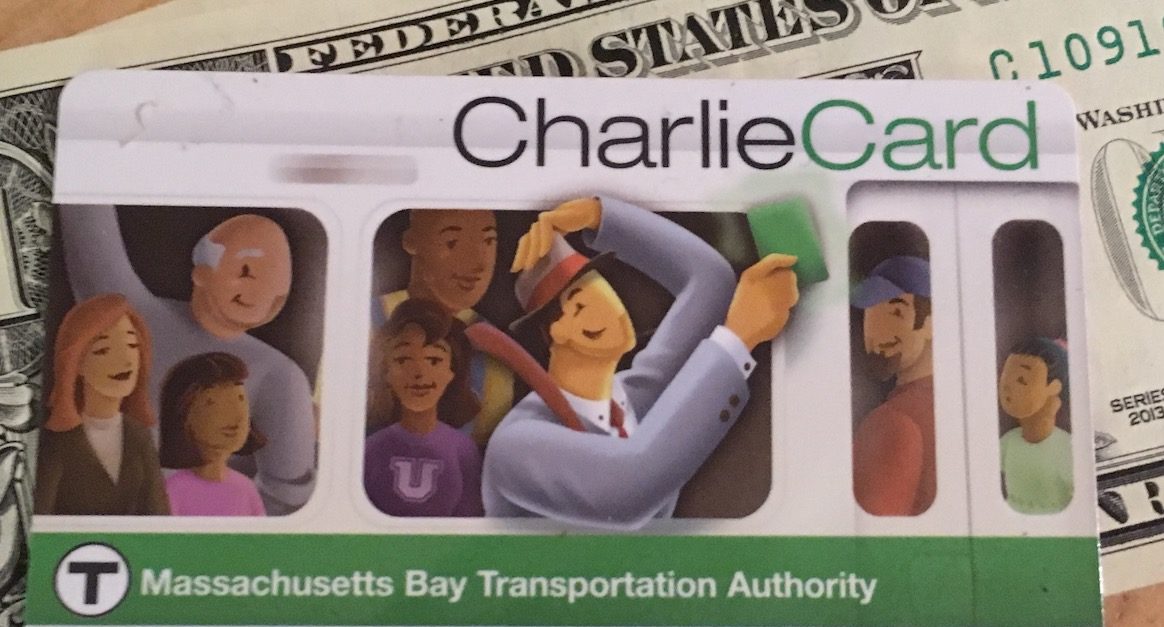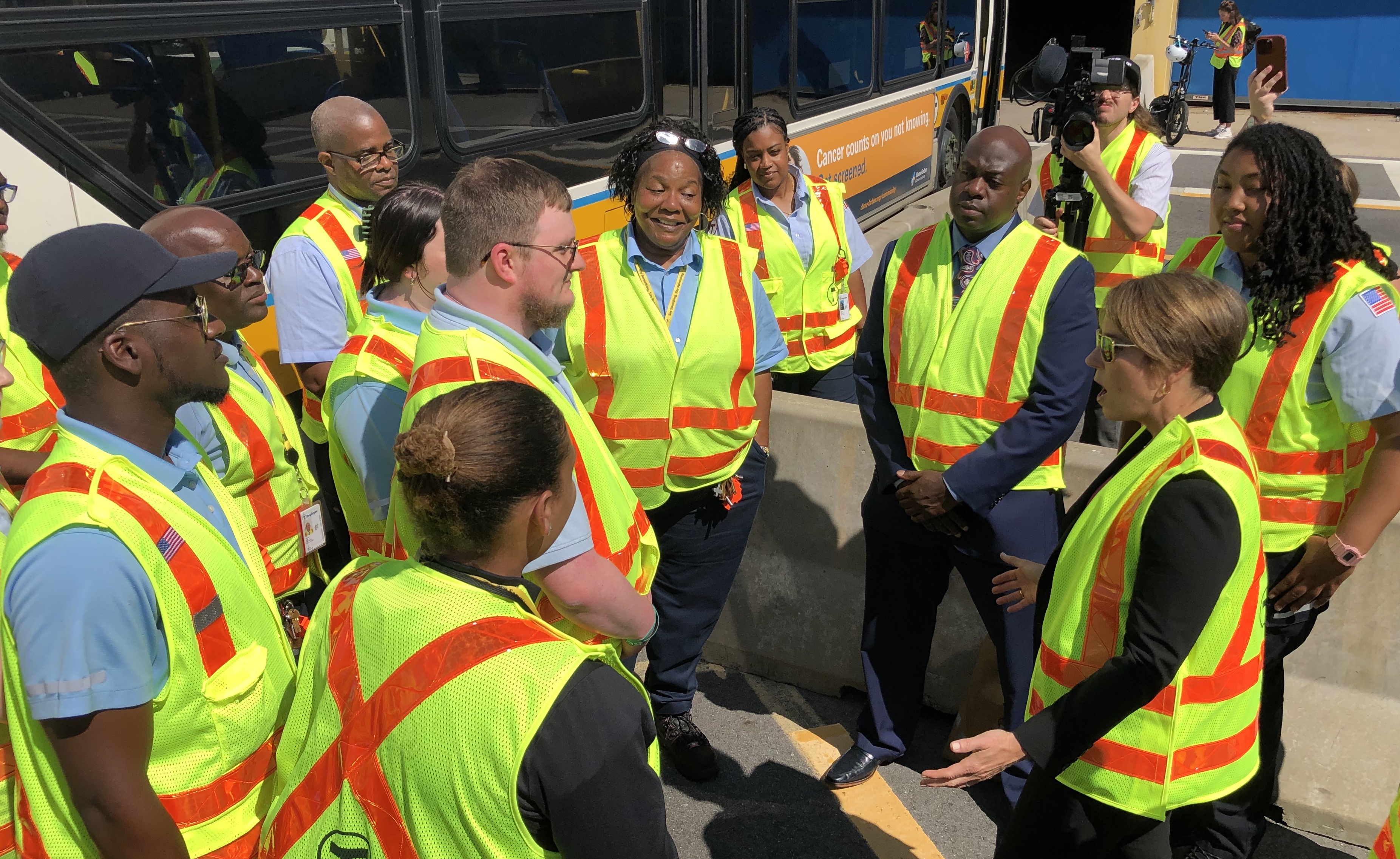JeffDowntown
Senior Member
- Joined
- May 28, 2007
- Messages
- 4,797
- Reaction score
- 3,665
Red actually needs rolling stock as well. Not only because the older cars are falling apart in droves, but because you cannot make optimal use of the new signals without the new CCRC cars.Given Eng and the MBTA's roadmap on slow zone elimination, and performance so far, I'd be warily optimistic for things to get functional at some point late this year, provided they can finally get ahead on hiring that is limiting current headways (even if we didn't have the other limiting factors such as slow zones and rolling stock).
I think the big question is if the Orange/Red order can ever get back on track at all, along with the signal system replacement projects. I'd argue the red needs the signals at this point, and the orange really needs rolling stock to take things up a notch after the slow zones and dispatcher shortages.
That said, I fully agree that I think ridership will pick back up, as long as the slow zones go away and headways can scale back up to actual rapid transit levels.


